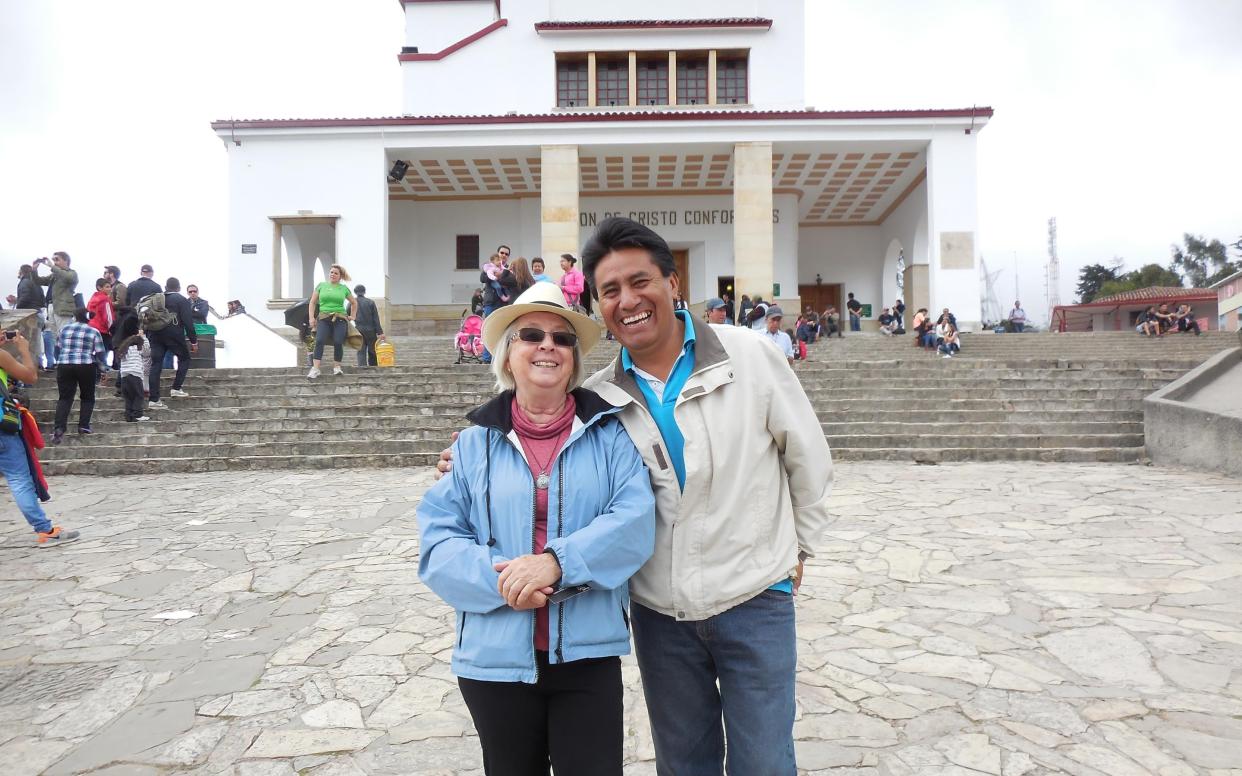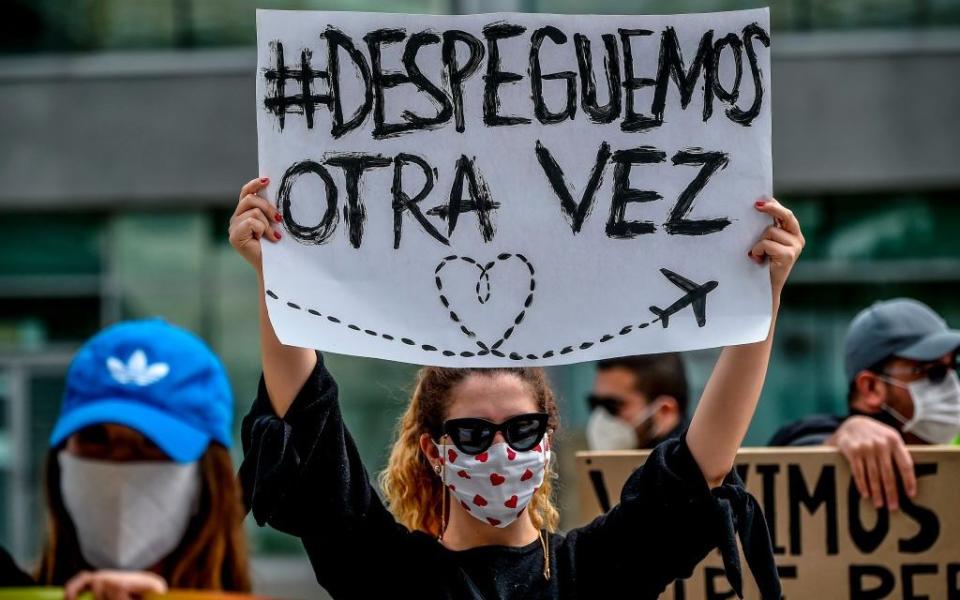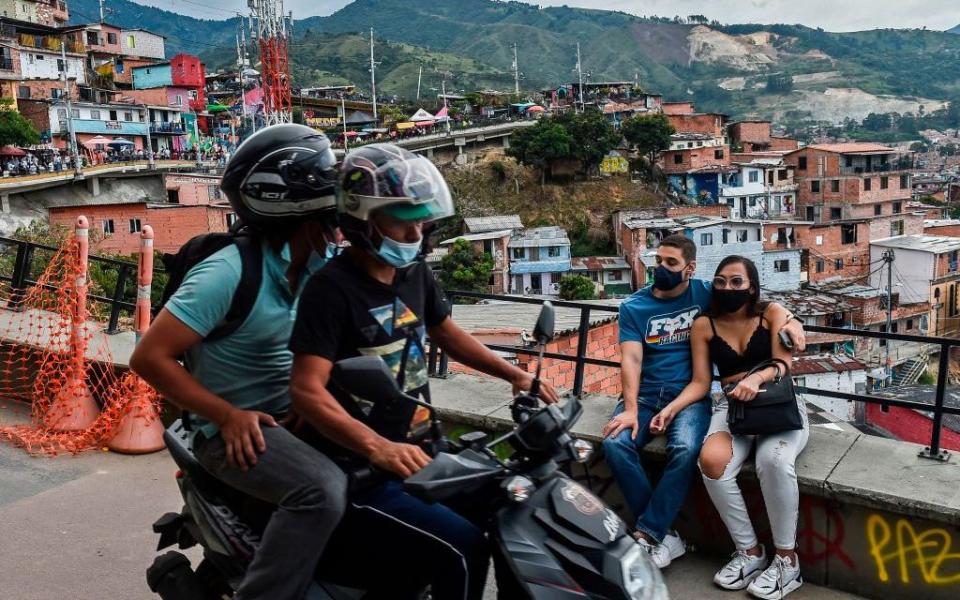'I'd worked in tourism for 25 years – now I'm driving an Uber'

The Telegraph’s Unlock Long Haul campaign is calling for the Foreign Commonwealth and Development Office (FCDO) to open up travel to more of the world after lockdown. Here, 63-year-old Fabio Quiroz M from Bogotá, Colombia, tells Chris Moss how the loss of tourism has changed his life.
I’ve got a tourism degree as well as other technical certificates in tourism and hospitality, and have worked in the industry for 25 years.
As a professional tour guide and leader, for both groups and individuals, I’ve done everything from transfers to city tours, covering architecture, archaeology, gastronomy, history, coffee plantations, and even sports and religion. I’ve also led trekking trips in the national parks.
I do a lot of my guiding around Bogotá and the capital region but have led tours throughout Colombia. Journey Latin America is one of the UK companies I work for; I enjoy working with British people. They’re polite and respectful, speak slowly and pronounce English well.
Until March, I was doing OK. But as a freelancer I lost all my main income once tourism stopped. For three months, the government gave us a subsidy, which represented 50% of the national minimum salary; that means we received US$150 for each of the months of April, May and June.

I’ve not done any guiding at all since March 15. And since then I have had all the usual payments: education, food, health, bills. It was almost impossible to survive with zero income. From September, when we were able to go out and do some work, I’ve been driving for Uber. I’ve also done a couple of virtual tours.
Driving for Uber is no good at all as the income it generates is low. Working an hour for Uber you might earn $5; as a guide from $20 per hour. I miss my tours, and driving for hours is not really recommended. I don’t feel well. I get depressed but also poorly – being seated in a car all day causes health problems.
'Before March I was guiding tourists around Machu Picchu – now I'm selling doughnuts'
'I lost my tourism business in March – now I'm catching fish to survive'
My wife is a sort of personal assistant for me. She helps a lot with the computer, calls and messages. My salary is used to cover all the expenses at home. I also have a very close family and they had to help us to get through this situation. You don’t feel yourself any more, but like another person. You feel bad, embarrassed, insecure and strange. But, in my case I’m lucky because we’re close to one another.
The damage caused to the Colombian tourism industry is huge. People here have spent all their savings and taken on debt with banks and privately. The worst thing has been the job losses and people not having the money even to cover basic expenses. This has caused all kinds of family problems, in some cases real tragedies – family fights, beatings, assaults with weapons – plus physical and psychological illnesses for some people. The economy in general was very badly affected, with big companies as well as smaller ones that were just starting, going bankrupt.

We Colombians are by nature fighters. We are creative people. I have talked with friends and colleagues and of course they are all doing something to get a basic income. But, in general, we all miss our jobs, the time we spend out and about travelling and guiding – all the beautiful places where we frequently go to on our tours.
British and European visitors are very important to Colombia. Group tourism from the region was growing, and more and more of us had work providing services to the industry; it was helping to significantly reduce the rate of unemployment in Colombia.
The authorities here are trying to re-open tourist places slowly but surely, following all the government recommendations regarding health. I’d like to send an invitation to the British people to return as soon as possible to Colombia.

